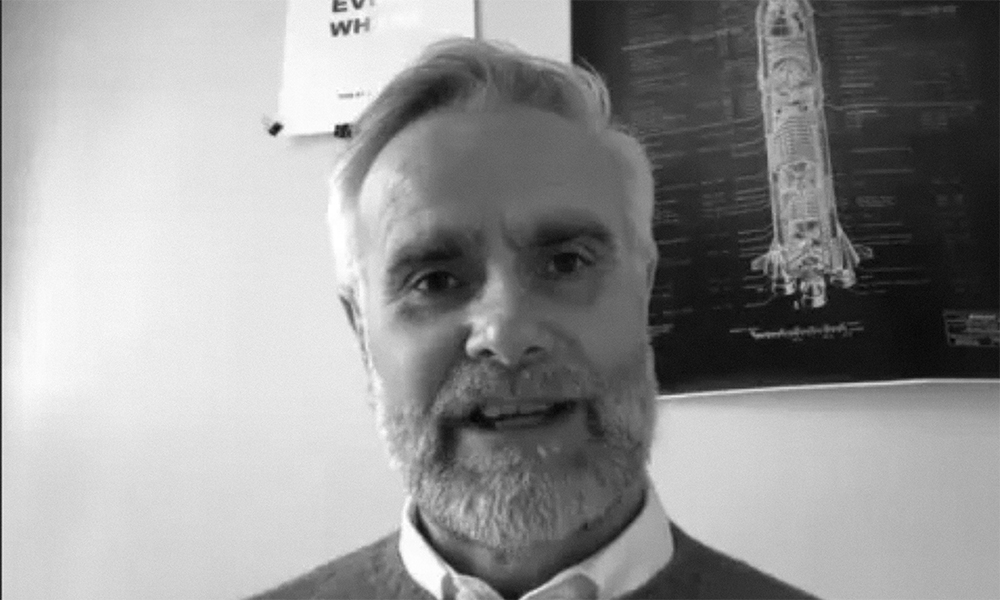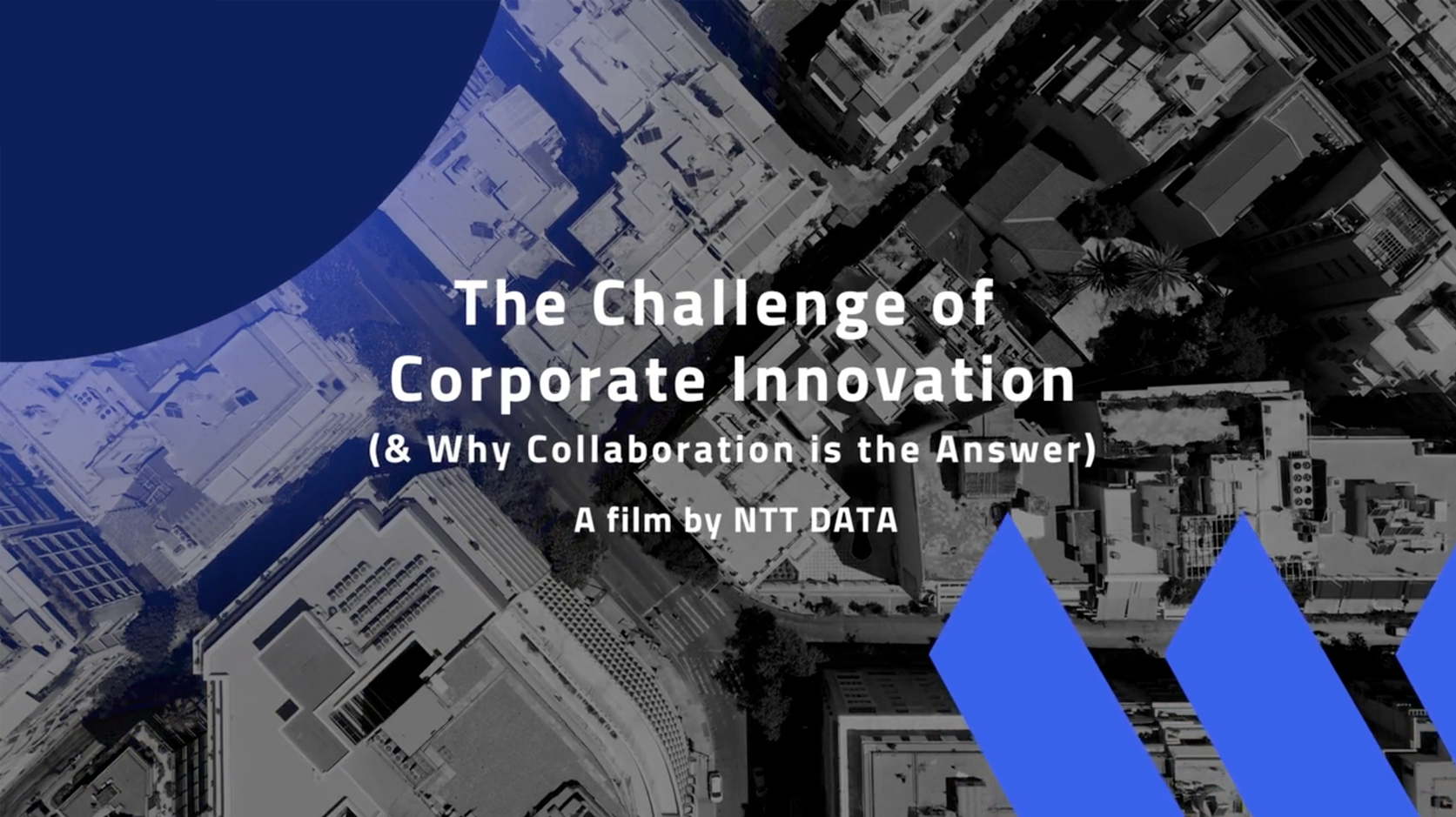
Photograph: Paulo Carrolo/Unsplash
A business’s propensity to change and innovate is based, I believe, on its culture. Defining what culture is in a business environment can be challenging; but when a clear ethos of innovation, leadership and diversity is present, companies can and will evolve.
One of the core reasons I joined my current employer was their refreshing and empowering culture that comprehensively influenced every aspect of their business. The sense of purpose and ease I felt was highly attractive.
NTT DATA is Japanese, and many of the business practices and philosophies from Japanese culture have helped the company to develop its innovativeness, diversity, and entrepreneurial spirit. ‘Omotenashi’, for example, is a powerful concept, which essentially means looking after others (or selfless hospitality), and can be applied to not just business processes, but how individuals and groups work, communicate, and above all, collaborate for the greater good of the company.
Well-established businesses in Japan understand that innovation is a marathon and not a sprint. Companies have long-term strategies to give their enterprises time to innovate.
For the best Japanese businesses, the twin goals of service and quality have provided the pillars upon which they have driven success. Out of this relentless drive for excellence, innovation has emerged; not by design, but simply because the conditions were present for these innovations to occur.
Culture is similarly often not a conscious strategy, but a consequence of the drive to become a better company, serving employees and customers alike.
When Western companies try to define innovation, this is often very narrow. In Japanese business culture, innovation has many facets.
Kaizen – change (kai) for the good (zen), or continuous incremental improvement
Kaikaku – big, radical change such as fundamental changes to a production system
Kakushin – to do something completely new and different (which Western businesses would recognise as pivoting)
These different and often subtle components of innovation have been driving how culture is defined and nurtured across our business since its foundation.
Innovation doesn’t usually happen overnight. Well-established businesses in Japan understand that innovation is a marathon and not a sprint. Companies have long-term strategies to give their enterprises time to innovate. This long-term view also enables businesses to remain on the cutting edge of innovation. The NTT Group, for instance, spends $3.2 billion annually on R&D. This may seem a considerable investment to make, but this investment allows us to see the future and advise our clients accordingly.
Evolution and revolution
The concept of Kaizen has been filtering into business culture across the world for decades.
Less well known are Kaikaku (evolutionary change) and Kakushin (revolutionary change). When brought together with the concept of Omotenashi, these symbiotic ideas promote a culture of growth.
Entrepreneurship is central to how these concepts of Japanese business culture are expressed. Individuals, groups, teams and even outside businesses come together to innovate.
Then, time is given to let the ideas flourish. ‘Nemawashi’ is the concept of “watering the roots” of ideas, testing them with stakeholders systematically to allow them to develop and grow into innovations.
Our approach to business philosophy applies equally well to working with partners as it does inside the company. In our open innovation programmes, working with innovative startups and scale-ups globally, we strive always to find, what we refer to as a #TripleWin, a win for our client communities, a win for our partners and a win for the NTT DATA Group. This understanding of how new businesses can be used to aid innovation in the wider community, feeds back to the ideas encapsulated in Kaikaku and Kakushin.
Without emotional leadership and a diverse workforce, innovation is stifled. Understanding how innovation is not just one linear exercise, but a multifaceted, ongoing process is how the concepts of Kaizen, Kaikaku and Kakushin – change as a constant, radical change and revolutionary change – come together to create a new environment where business can flourish.
We take all of these concepts and make them tangible. This is achieved with clarity of mission, teamwork, foresight, and always placing client needs first. Again, the concepts of hospitality and selflessness are central here. These reinforce the entrepreneurial approach the business takes to problem-solving.
Open innovation
How a business operates speaks volumes about the culture it has created. Defining values that are harmonious with the environment within which the company works, is essential to gain the empowerment embodied in the concepts of Omotenashi in particular.
Taking a philosophical and even experimental approach to business is at the core of how we operate. And these concepts are critical components of how organisations should all be built.
Without emotional leadership and a diverse workforce, innovation is stifled. Understanding how innovation is not just one linear exercise, but a multifaceted, ongoing process is how the concepts of Kaizen, Kaikaku and Kakushin – change as a constant, radical change and revolutionary change – come together to create a new environment where business can flourish.

















































